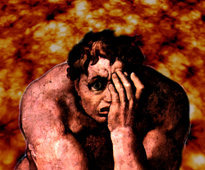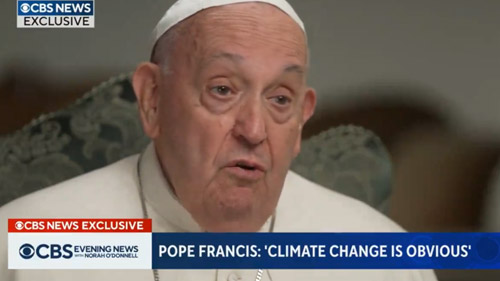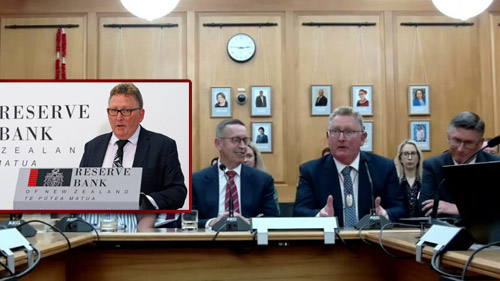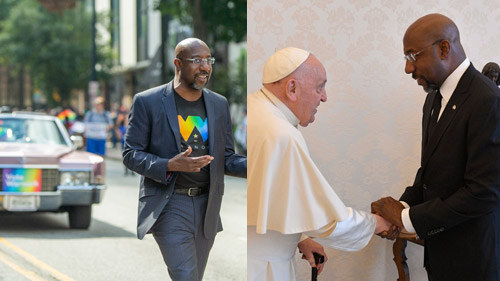| Recent Featured Videos and Articles | Eastern “Orthodoxy” Refuted | How To Avoid Sin | The Antichrist Identified! | What Fake Christians Get Wrong About Ephesians | Why So Many Can't Believe | “Magicians” Prove A Spiritual World Exists | Amazing Evidence For God | News Links |
| Vatican II “Catholic” Church Exposed | Steps To Convert | Outside The Church There Is No Salvation | E-Exchanges | The Holy Rosary | Padre Pio | Traditional Catholic Issues And Groups | Help Save Souls: Donate |  |









 " />
" /> " />
" /> " />
" /> " />
" /> " />
" />




Catholic Commentary On Acts 16:4 - Council of Jerusalem, Galatians, Etc.
Bro. Peter Dimond
Following the Council of Jerusalem in Acts 15, St. Paul returned to Antioch. While in Antioch he had the desire to visit various cities where the word of the Lord had been preached. St. Paul wanted to check on the new converts, to see how they were doing. He originally intended to make this trip with Barnabas, but they had a sharp dispute about whether to bring John Mark with them. Consequently, Paul and Barnabas split up and Paul traveled with Silas. During the trip Timothy joined them. In Acts 16:4-5 we read:
This is very interesting for a number of reasons. First, the word frequently translated as “decrees” or “decisions” is, in Greek, δόγματα (dogmata). The English word “dogmas” is derived from it. As Paul, Silas and Timothy met with the communities of Christians, “they were entrusting/delivering them to guard/keep the dogmas decided/judged by the apostles and the elders in Jerusalem” (παρεδίδουν αὐτοῖς φυλάσσειν τὰ δόγματα τὰ κεκριμένα ὑπὸ τῶν ἀποστόλων καὶ τῶν πρεσβυτέρων ἐν Ἰερουσαλήμ). This is a reference to the “δόγματα” (dogmata) proclaimed by the Council of Jerusalem in Acts 15. However, since there were some disciplinary aspects to the decrees of the Council of Jerusalem, “decrees” or “decisions” is a better translation choice for this verse than “dogmas”.
Nevertheless, there were dogmatic aspects to the Council's decisions. Thus, in Paul's effort to have churches observe the δόγματα of the Council of Jerusalem we recognize the similarity to what true Catholics do today. True Catholics in our day likewise make sure that the dogmas (δόγματα) defined by popes at councils, etc. are guarded/kept. (It should also be noted that the same word for decrees or dogmas is used in Ephesians 2:15 and Colossians 2:14 about how the Old Law ceased after Christ’s passion.)
Second, notice the implications of Acts 16:4 for the false doctrine of sola scriptura. St. Paul made sure that the Christians kept what was decreed by the apostles at a council, not just what is in written in Scripture.
Third, this verse provides more powerful support for the view that the Epistle to the Galatians was written before the Council of Jerusalem in Acts 15, and consequently for our position that it was not St. Peter whom St. Paul rebuked (as recorded in Galatians 2:11-14). We discuss various aspects of the chronology in the video below. But, to put it simply: Acts 16:4 powerfully supports the position that Galatians was written before the Council of Jerusalem in Acts 15 because in Galatians St. Paul says nothing whatsoever about the “δόγματα” or “decisions” of the Council of Jerusalem, even though he was specifically writing about the topic of Judaizing and he could have used those “δόγματα” to his advantage when making his argument.
As Protestant scholar Douglas J. Moo notes:
In Galatians St. Paul says nothing about the decisions of the Council of Jerusalem. Yet, in Acts 16:4 (quoted above), which is clearly after the Council of Jerusalem, we read that St. Paul had various communities of Christians guard/keep the decisions of the Council of Jerusalem. Ergo, St. Paul wrote Galatians before the Council of Jerusalem. That necessarily means that St. Paul's rebuke of Cephas (which is recorded in Gal. 2:11-14) happened before the Council of Jerusalem. Why is this so significant to demonstrating that the Cephas whom St. Paul rebuked (as recorded in Gal. 2:11) was not St. Peter? The reasons are explained in the video below, but here’s a small additional detail that was not mentioned in the video.
Concerning the decree of the Council of Jerusalem, we read this:
The Council is sending this decision to Antioch because, as we argue, that's where the huge dispute during which St. Paul rebuked Cephas (Gal. 2:11-14) occurred before the Council.
In our view, the Council of Jerusalem (Acts 15) met in response to that incident at Antioch involving St. Paul, Cephas and others. This dispute in Antioch, which led to the Council of Jerusalem in Acts 15, is also alluded to in Acts 15:1-2, as our video covers.
As our video explains, we believe that Acts 15:1-2 refers to the same incident that is recorded in Gal. 2:11-14: i.e. St. Paul's rebuke of Cephas in Antioch, after which Paul and Barnabas were appointed to go to the apostles in Jerusalem to resolve the controversy. The controversy was then resolved at the Council in Jerusalem where St. Peter spoke first to end the debate. He was followed by Barnabas, Paul and James, and the Council issued its decree. Now, when issuing its decision to Antioch (Acts 15:22-29), the Council characterizes the troublemakers at Antioch, who caused the controversy during which Paul rebuked Cephas, as “some persons [who] have gone out from us and troubled you with words, unsettling your minds, to whom we did not give instructions...”
Consider this carefully. The apostles (which includes St. Peter, who spoke first at the Council of Jerusalem to end the dispute) are describing the people who caused the problem at Antioch as men who were not instructed to do so by the apostles: “… to whom we [the apostles and elders] did not give instructions…” But if St. Peter himself was the one rebuked by St. Paul at Antioch, and thus heavily involved in the dispute which this decree was addressing and meant to resolve, it doesn’t make sense that the apostles would say "we did not give [them] instructions” about St. Peter (the chief apostle) or those allied with him or those who followed his example. That's another indication that it was not the Apostle Peter who was involved with the dispute in Antioch before the Council during which Paul rebuked Cephas (the very dispute that this decision of the Council was meant to resolve). For additional reasons why it was not St. Peter whom St. Paul rebuked, but a different person with the same Aramaic name, see the video below.
Sign up for our free e-mail list to see future vaticancatholic.com videos and articles.
Recent Content
^